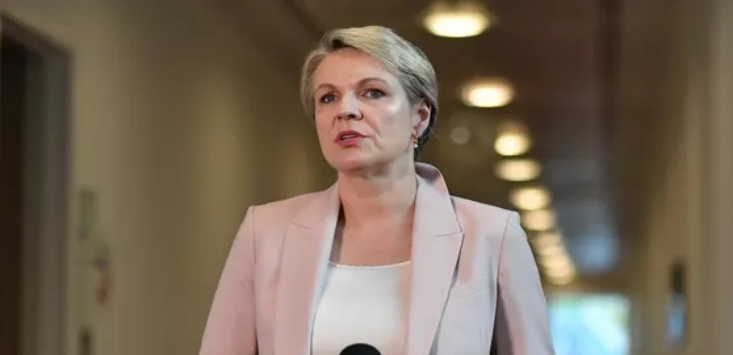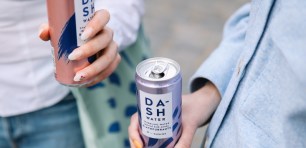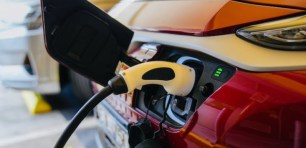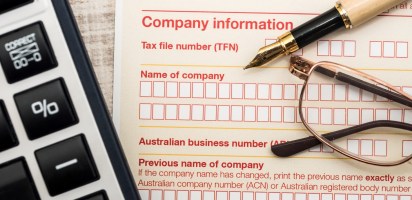
Federal environment minister Tanya Plibersek. Source: The Guardian
Federal environment minister Tanya Plibersek has put major supermarkets, plastics manufacturers and the tyre industry on notice that she will not hesitate to regulate over the top of them if tangible progress is not quickly made to improve recycling rates following the collapse of REDcycle.
In a speech to industry stakeholders on Friday, Plibersek said consumers who had trudged their soft plastics to supermarkets for recycling “have every right to feel cheated” after the high-profile recycler imploding.
“The collapse of REDcycle soft plastics collections came as a great shock to everyone, including to me as minister,” Plibersek said. “It’s left people feeling upset, disillusioned, even betrayed.”
At the time of its collapse, REDcycle blamed upstream problems on plastics re-processors who stopped accepting soft plastics, causing warehouses to fill up with nowhere to go for the refuse.
Get daily business news.
The latest stories, funding information, and expert advice. Free to sign up.
Embarrassingly, the collapse has resulted in Coles and Woolworths having to constantly play announcements to in-store customers asking them not to bring their plastics to their shops any more, despite the supermarkets being the major point of sale for products using soft plastics packaging.
Plibersek said there were lessons in the REDcycle collapse that needed to be heeded.
“If we don’t get the logistics right, if we don’t build robust processing systems, if we don’t establish effectively regulated institutions, then we will fail,” Plibersek said.
The environment minister reaffirmed Labor’s ongoing support for the previous government’s plastics recycling targets but quickly pointed out the Albanese government had been handed an abject failure.
“With plastics recycling, instead of rising to 70% by 2025 as promised, we’ve been stuck around 16% for the past four years,” Plibersek said. “Good announcements and nice sentiments don’t cut it in this industry.
“We have to do the nuts-and-bolts work — the work of supporting logistics chains, of designing effective regulation, of investing in the right facilities.”
The pressure the environment minister faces there is that following COVID, supermarkets are increasingly putting fresh produce like apples, beans, corn and celery into plastic packaging to make it more easily scannable at self-serve checkouts.
The standardisation push also means growers can only sell what fits in the packaging, increasing the amount of food waste and organic spoil.
Plibersek said the $250 million Recycling Modernisation Fund was now being rolled out, “including the $60 million we budgeted in October for hard-to-recycle plastics, like soft plastics.”
“My colleague, Ed Husic, is also looking to support re-manufacturing as part of his $15 billion National Reconstruction Fund.”
If the recycled paper bag of carrots for industry doesn’t work, there are regulatory alternatives.
“I’m prepared to regulate when it’s necessary,” Plibersek said.
“I’m happy to let industry take the lead, but if industry is unable to act, then I have no problem imposing obligations.”
An immediate priority was the “establishment of product stewardships arrangements for tyres and mattresses” the environment minister said of two of the most intransigent industries.
“And we’re looking to regulate solar panels and other e-waste.”
This article was first published by The Mandarin.
Handpicked for you

How Dash Water is making a second home in Australia with its ‘wonky’ drinks and fashionable appeal




COMMENTS